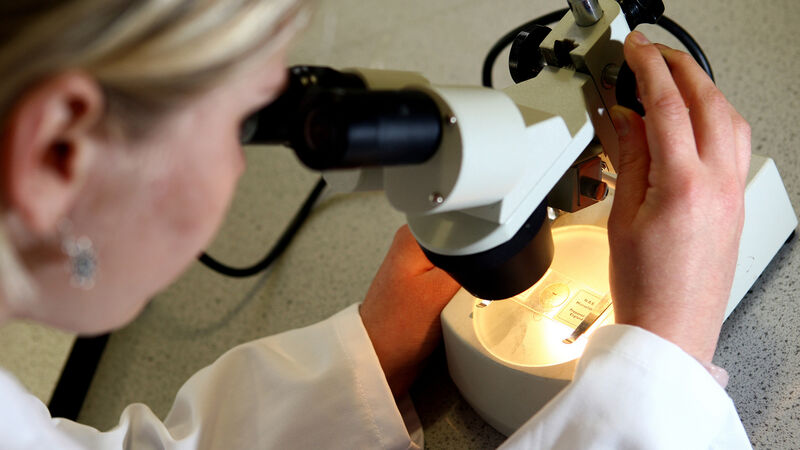The power of knowing: Ireland’s quiet revolution of diagnosing Alzheimer’s

At a time when very few sites in Ireland were routinely doing so, Tallaght University Hospital began using cerebrospinal fluid biomarkers to investigate the biological roots of our patients' symptoms. File photo
For countless families, the first signs of memory loss trigger a slow descent into uncertainty — a painful limbo of unanswered questions about the future.
For too long, medicine has had too few answers, leaving patients and their loved ones to navigate a confusing and often frightening journey alone. But in Ireland, we are working to end this era of ambiguity.
















